Humans
-
 Health & Medicine
Health & MedicineExperts rethink need for X-ray shielding of patients
For close to 70 years, workers who perform X-ray scans of the body have been advised to shield sensitive tissues with lead 'aprons.' That may soon stop.
-
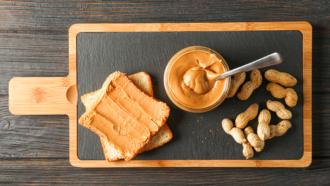 Health & Medicine
Health & MedicineNew success in treating allergies to peanuts and other foods
Nearly 8 million U.S. children have food allergies, about two per classroom. The good news: Better ways to treat them are emerging.
-
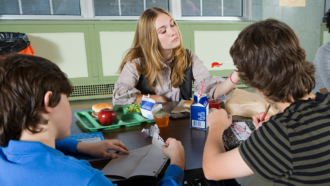 Health & Medicine
Health & MedicineFood allergies can trigger stress and anxiety
From peanut-free lunch tables to unsympathetic relatives, food allergies can cause considerable stress for a kid. As they transition toward independence, parents and counselors can help.
-
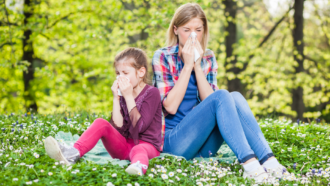 Health & Medicine
Health & MedicineExplainer: What are allergies?
Sometimes the body’s immune system works too well, like a smoke alarm that blares every time you cook pizza. The results can range from uncomfortable to potentially life-threatening.
-
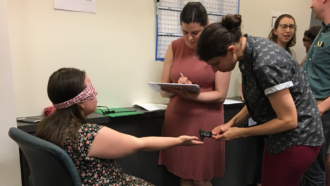 Humans
HumansTesting the power of touch
We pet dogs with our fingers, not our arms or backs. Our fingers are more sensitive to touch. But how do we know? Here's how you can test that.
-
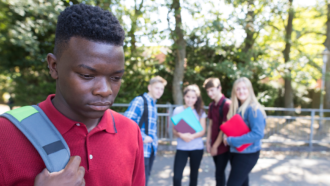 Science & Society
Science & SocietyStudy links racism with signs of depression in Black teens
Among teens, just two weeks of frequent racial discrimination was enough to worsen signs of possible depression, a new study finds.
-
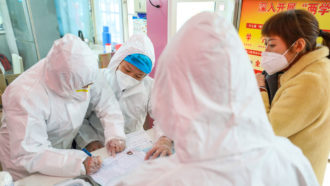 Health & Medicine
Health & MedicineYour most urgent questions about the new coronavirus
Researchers have more questions than answers right now about 2019-nCoV. They’re racing to understand and stop the coronavirus and the health crisis it poses.
-
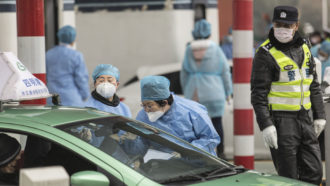 Health & Medicine
Health & MedicineThe many challenges of corralling a coronavirus outbreak
The Chinese government has quarantined millions of people in hopes of limiting spread of a new coronavirus. But no one yet knows how much this will help.
-
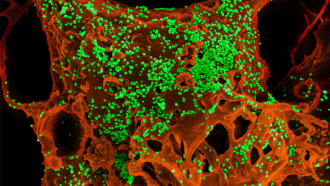 Health & Medicine
Health & MedicineExplainer: What is a coronavirus?
Coronaviruses are a diverse family of disease-causing agents. Some cause the common cold. Newer ones have emerged to pose more serious threats to people.
-
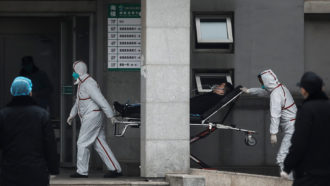 Health & Medicine
Health & MedicineSerious virus emerges in China and is spreading globally
A new viral infection emerged in December 2019 among people in Wuhan, China. The mystery illness has already killed at least 17 people and sickened many hundreds.
-
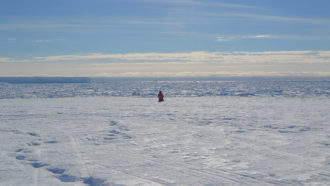 Brain
BrainScientists’ brains shrank after a long stay in Antarctica
The isolation of a long-term mission at an Antarctic research station shrunk part of crew members’ brains, a small study suggests.
-
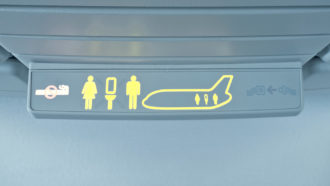 Microbes
MicrobesGlobetrotting microbes in airplane sewage may spread antibiotic resistance
Along with harder-to-kill microbes, airplane sewage contains a diverse set of the genes that let bacteria evade antibiotics.